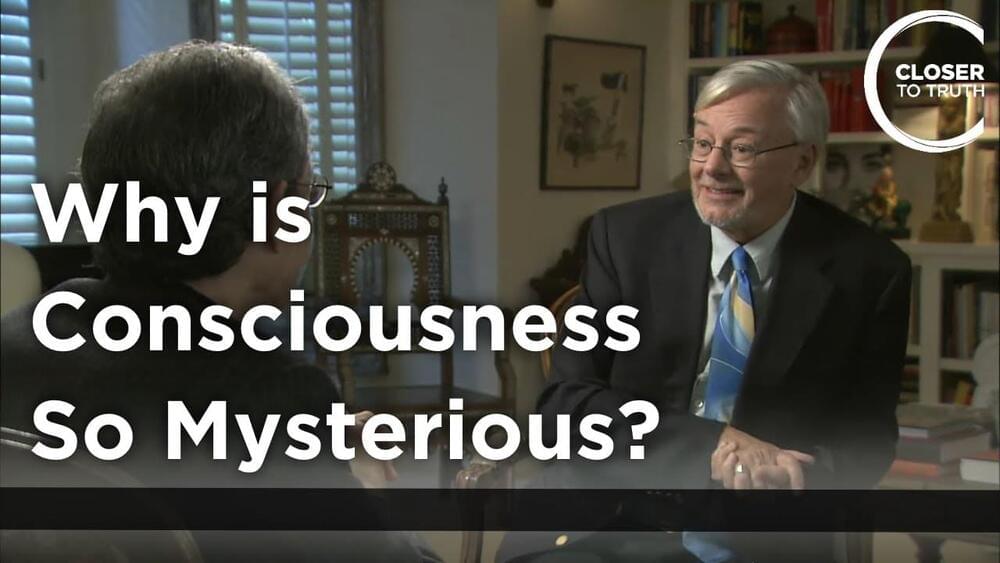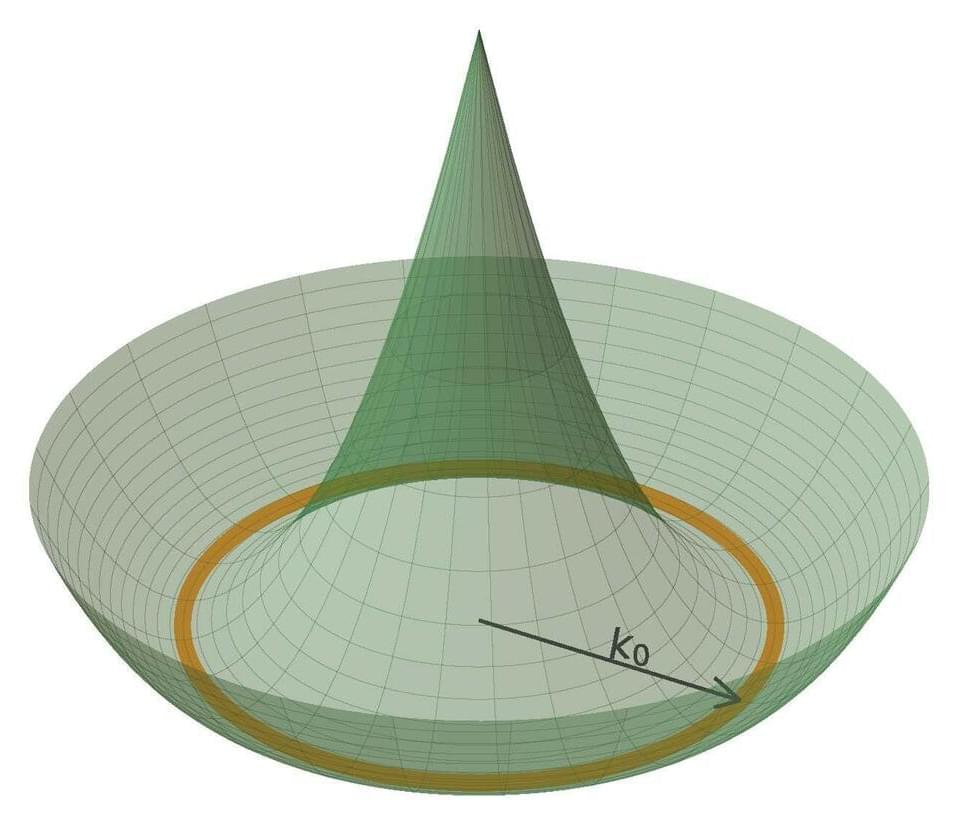Jun 15, 2023
ChatGPT AI Shines in Challenging Medical Cases
Posted by Jose Ruben Rodriguez Fuentes in categories: biotech/medical, robotics/AI
Summary: A novel study put the diagnostic prowess of generative AI, specifically the chatbot GPT-4, to the test, yielding promising results.
The study involved evaluating the AI’s diagnostic accuracy in handling complex medical cases, with GPT-4 correctly identifying the top diagnosis nearly 40% of the time and including the correct diagnosis in its list of potential diagnoses in 64% of challenging cases.
The success of AI in this study could provide new insights into its potential applications in clinical settings. However, more research is needed to address the benefits, optimal use, and limitations of such technology.


















